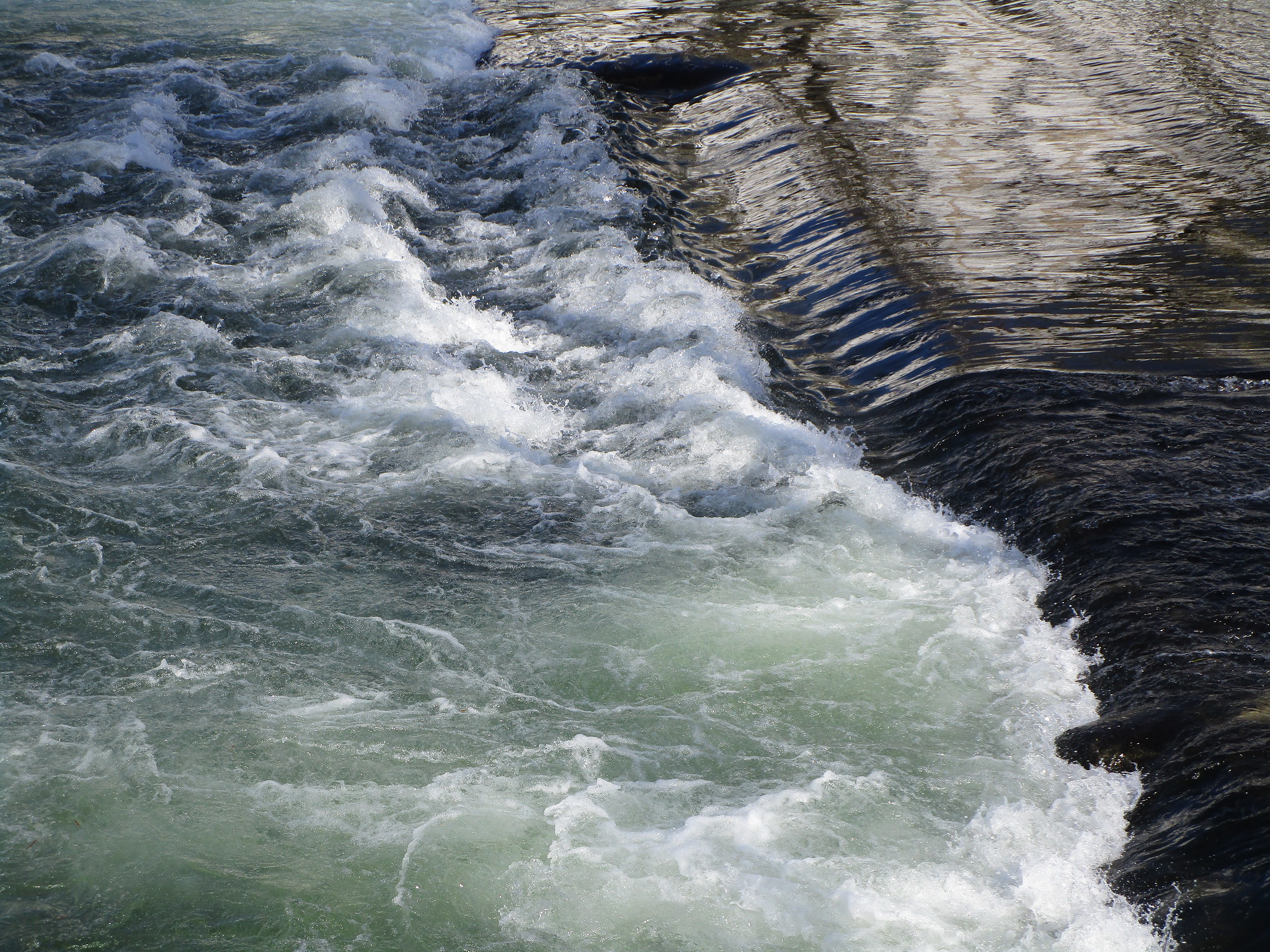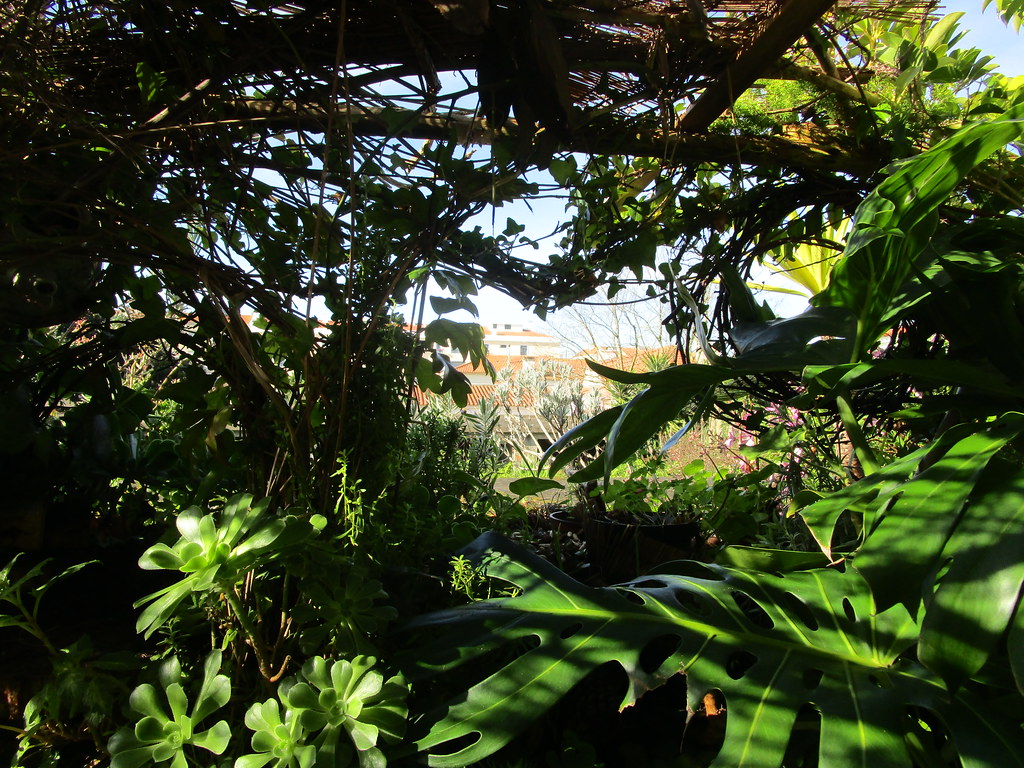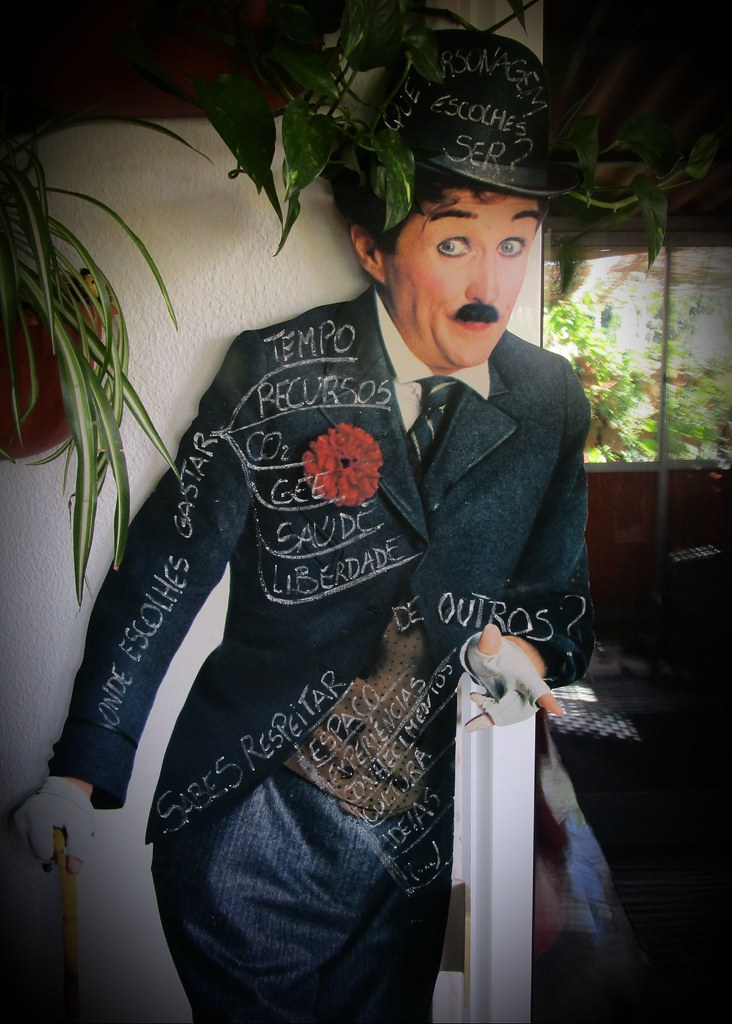 | |
| Image by Monica Pinheiro, license CC BY-NC-SA (CC). |

"More than conversation at the interface, it is creative assemblages like these that explore and elaborate the particular dynamic capacities that digital media afford and the ways that through them humans and machines can perform interesting new effects (...) in uniquely particular ways." Lucy Suchman (2009). Human-machine reconfigurations: plans and situated actions.
Jun 8, 2020
June
May 29, 2020
May
“The information society is like a tree that has been growing its far-reaching branches much more widely, hastily, and chaotically than its conceptual, ethical, and cultural roots. (…) The risk is that, like a tree with week roots, further and healthier growth at the top might be impaired by a fragile foundation at the bottom.” Luciano Floridi (2010). Information: a very short introduction. Oxford University Press. Image by Monica Pinheiro, license CC BY-NC-SA (CC).
by
Monica Pinheiro
0
comments
 Labels:
access,
eInfrastructures,
ethics,
foundations,
information,
infrastructure
Labels:
access,
eInfrastructures,
ethics,
foundations,
information,
infrastructure
May 24, 2020
May
“Growing our connections to nature will allow us to push past mere intellect to embrace sensory experiences, emotions, intuition. (…) For the first time, a large body of research is illuminating the fact that our world arises from a sprawling, highly dynamic set of rhythms and relationships. (…) An especially intriguing aspect of this scientific shift – of this effort to break science out of the intellectual boxes we built for it – is the effort by some to merge traditional science with indigenous wisdom.” Gary Ferguson, 2019. Eight Master Lessons of Nature. Image by Monica Pinheiro, license CC BY-NC-SA (CC).
by
Monica Pinheiro
0
comments
 Labels:
bloom,
blue jacaranda,
books,
flourisher,
gardens,
interconnections,
jacaranda,
Jacaranda mimosifolia,
Lisbon,
May,
Nature,
science,
sensory experience,
shifting
Labels:
bloom,
blue jacaranda,
books,
flourisher,
gardens,
interconnections,
jacaranda,
Jacaranda mimosifolia,
Lisbon,
May,
Nature,
science,
sensory experience,
shifting
May 22, 2020
May
“(…) whenever suitable conditions to move demand and supply closer can be identified by reducing the number of technological and human intermediaries and intermediations, a series of effective possibilities emerge to reduce the amount of non-renewable energy inputs via increasing the quality of technology outputs and their social usefulness.” Transforming innovation for decarbonisation? Insights from combining complex systems and social practice perspectives. Nicola Labanca et al (2020). Energy Research & Social Science, vol. 65, 101452. Image by Monica Pinheiro, license CC BY-NC-SA (CC).
May 14, 2020
May
«The new Earth 2.0 that will emerge after COVID‑19 will be a “new normal”, but many fundamental challenges will still exist. Chief among them is the imperative to collectively work towards an effective and inclusive energy transition. (…) The era of compounded disruptions is a litmus test for the energy transition, asserting the importance of the twin objectives of robustness and resilience.» WEF (2020). Fostering Effective Energy Transition. Italics added. Image by Monica Pinheiro, license CC BY-NC-SA (CC).
by
Monica Pinheiro
0
comments
 Labels:
compounded disruptions,
disruptions,
energy,
litmus test,
report,
resilience,
transitions,
WEF
Labels:
compounded disruptions,
disruptions,
energy,
litmus test,
report,
resilience,
transitions,
WEF
May 13, 2020
(re)growth
Define growth: the process of increasing in size. the upward growth of plants. the process of developing physically, mentally, or spiritually. the process of increasing in amount, value, or importance.
Similar to growth: development, germination, flourishing, thriving, expansion, progress, advancement, headway, improvement, furtherance, rise, success, blooming, upturn, upswing. (as defined by Google search). Image by Monica Pinheiro, license CC BY-NC-SA (CC).
mobility
by
Monica Pinheiro
2
comments
 Labels:
clean transition,
environment,
environmentaly safe,
green,
green mobility,
mobility
Labels:
clean transition,
environment,
environmentaly safe,
green,
green mobility,
mobility
May 8, 2020
May
“We are nature. When we stand firm on that undeniable fact, shedding the long-standing illusion that there’s nature “out there” and then there’s us “in here”, we’ll be able to see in a new light some of our most troubling, persistent problems. (…) It really is possible to mend our relationship to the world around us and, through that mending, release an intelligence millions of years in the making.” Gary Ferguson, 2019. Eight Master Lessons of Nature.
Image by Monica Pinheiro, license CC BY-NC-SA (CC).
May 7, 2020
May
“Expectation, fantasy and reality are intermingled on the surface of our skin, a stage on which our life is played out. (…) Touch is exquisitely sensitive. It is emotional. It influences our thinking and sense of self. But it is also indescribable.” Monty Lyman (2020). The Remarkable Life of the Skin. Image by Monica Pinheiro, license CC BY-NC-SA (CC).
May 5, 2020
May
"In categorical thinking the boundaries are drawn. But mystery is open-ended, messy, full of promise, and lacking in certainty. (...) What if we could free ourselves from the confines of certainty - to learn to dance with the fact that reality zigs and zags across shifting ground? (...) The effect is to create a fresh canvas onto which entirely new, more relational ways of thinking can be painted." Gary Ferguson, 2019. Eight Master Lessons of Nature. Image by Monica Pinheiro, license CC BY-NC-SA (CC).
by
Monica Pinheiro
0
comments
 Labels:
ANT,
blue jacaranda,
books,
boundaries,
jacaranda,
Jacaranda mimosifolia,
life,
science,
uncertainty
Labels:
ANT,
blue jacaranda,
books,
boundaries,
jacaranda,
Jacaranda mimosifolia,
life,
science,
uncertainty
May 3, 2020
Apr 30, 2020
April
"Given enough solitude and enough time, the mind shifts into default mode and pans through connections that at first seem wholly random. It explores problems with a curiosity and openness we might never choose to entertain. But this randomness is crucial.” Michael Harris (2017). Solitude: In Pursuit of a Singular Life in a Crowded World. Image by Monica Pinheiro, license CC BY-NC-SA (CC).
Apr 29, 2020
April
“It is a matter of broadening the definitions of class by pursuing an exhaustive search for everything that makes subsistence possible. As a Terrestrial, what do you care most about? With whom can you live? Who depends on you for subsistence? Against whom are you going to have to fight? How can the importance of all these agents be ranked?” Bruno Latour (2020). Down to Earth: Politics in the New Climatic Regime. Image by Monica Pinheiro, license CC BY-NC-SA (CC).
Apr 18, 2020
April
“(…) it’s time to wake up the tissues of perception that have been there all along. We are nature. When we stand firm on that undeniable fact, shedding the long-standing illusion that there’s nature “out there” and then there’s us “in here”, we’ll be able to see in a new light some of our most troubling, persistent problems. (…) It really is possible to mend our relationship to the world around us and, through that mending, release an intelligence millions of years in the making.” Gary Ferguson, 2019. Eight Master Lessons of Nature.
Image by Monica Pinheiro, license CC BY-NC-SA (CC).
Apr 15, 2020
Diversity

"(...) trees and plants aren´t simply competing with one another. (...) Instead, over millions of years vegetation has built vast collaborative networks to allow the system as a whole to thrieve. And that system includes us." Gary Ferguson, 2019. Eight Master Lessons of Nature. Image by Monica Pinheiro, license CC BY-NC-SA (CC).
by
Monica Pinheiro
0
comments
 Labels:
biodiversity,
books,
collaboration,
diversity,
networks,
systems
Labels:
biodiversity,
books,
collaboration,
diversity,
networks,
systems
Mar 20, 2020
March
"Wherever you are now, however urban or interior your life, nature is still there for you - anchoring, inspiring, helping you become more of what it is you set out to be." Gary Ferguson, 2019. The Eight Master Lessons of Nature. Image by Monica Pinheiro, license CC BY-NC-SA (CC).
Mar 3, 2020
March
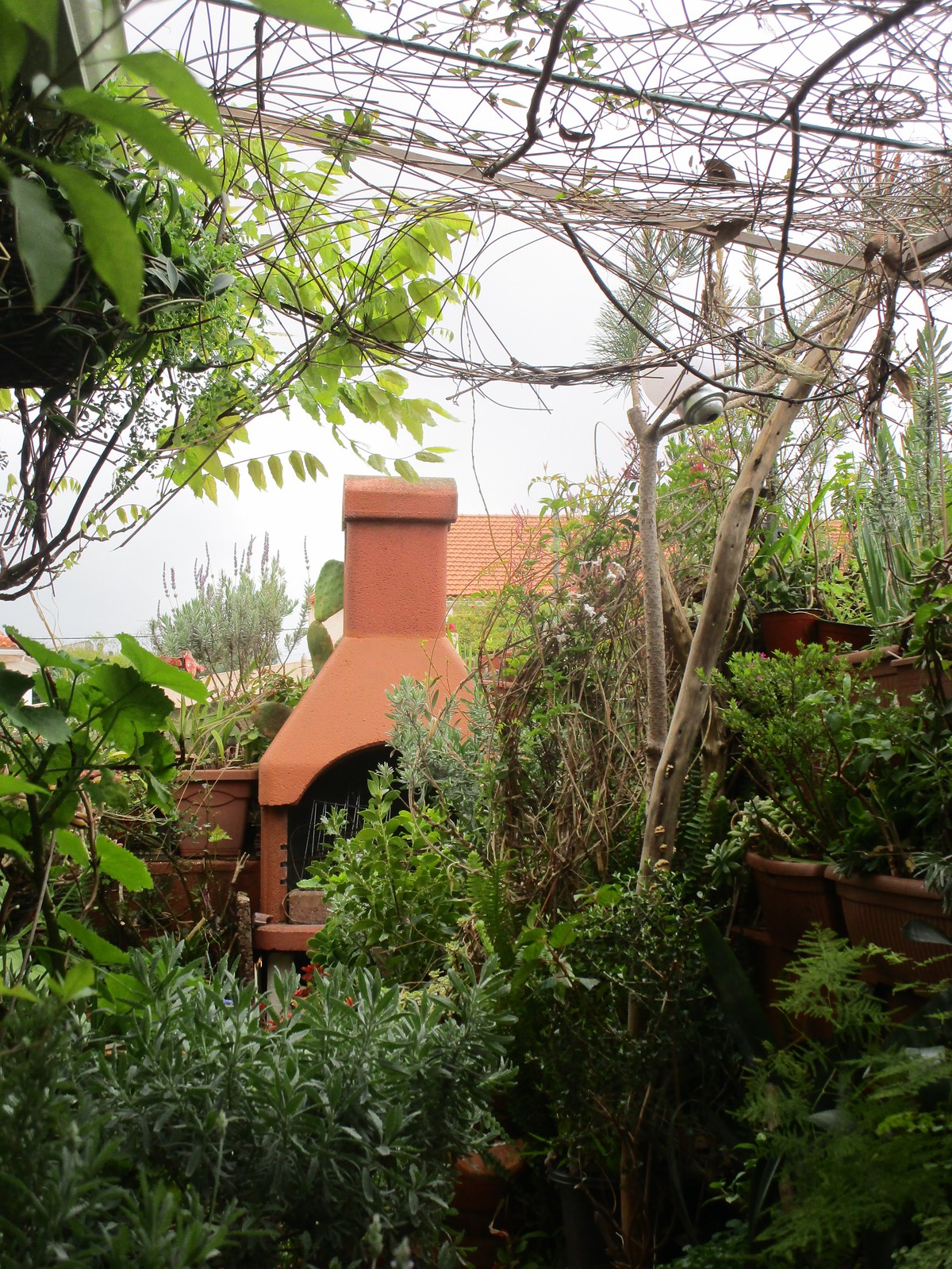
Carbon dioxide (CO2) sink in the city / Sumidouro de dióxido de carbono (CO2) citadino. Image by Monica Pinheiro, license CC BY-NC-SA (CC).
Feb 27, 2020
Symbiosis
"Mutualism is a subset of symbiosis in which there exists between organisms a prolonged relationship that is interdependent and reciprocally beneficial. (...) In the case of the tree-fungi mutualism, the fungi siphon off carbon that has been produced in the form of glucose by the trees during photosynthesis, by means of chlorophyll that the fungi do not possess. In turn, the trees obtain nutrients such as phosphorus and nitrogen that the fungi have acquired from the soil through which they grow, by means of enzymes that the trees lack. (...) the fungal network also allows plants to distribute resources between trees in a forest: a dying tree might divest its resources into the network to the benefit of the community, for example, or a struggling tree might be supported with extra resources by its neighbours. (...) the network also allows plants to send immune-signalling compounds to one another." Robert MacFarlane, 2019. Underland: a deep time journey. Image by Monica Pinheiro, license CC BY-NC-SA (CC).
by
Monica Pinheiro
0
comments
 Labels:
books,
concepts,
distribution systems,
fungi,
mutualism,
resources,
symbiosis
Labels:
books,
concepts,
distribution systems,
fungi,
mutualism,
resources,
symbiosis
Feb 18, 2020
February
"It was so long ago that my mind softens even the sharpest features, melting memories into liquid pain. (...) It's odd how faces, solid and visible as they are, evaporate, while words, made of breath, stay." Elif Shafak, 2014. The Architect's Apprentice. Image by Monica Pinheiro, license CC BY-NC-SA (CC).
Feb 14, 2020
February
"no one told us that love was the hardest craft to master" by Elif Shafak (2014). The Architect's Apprentice. Image by Monica Pinheiro, license CC BY-NC-SA (CC).
Feb 6, 2020
February
"Living wood, left long enough, behaves as a slow-moving fluid." Robert MacFarlane, 2019. Underland: a deep time journey. Image by Monica Pinheiro, license CC BY-NC-SA (CC).
Feb 1, 2020
February
Which life is this?
Some say it’s hell
some say it’s bliss
Some neither know
nor care to glimpse
What is temporal
and what is permanent?
...
She blinks
and in that instant
she lives half a thousand lives
“Thee Others” / Thatmanmonkz feat. Malik Ameer & Leron Thomas / Image by Monica Pinheiro, license CC BY-NC-SA (CC).
Jan 31, 2020
January
Image by Monica Pinheiro, license CC BY-NC-SA (CC).
Jan 15, 2020
January
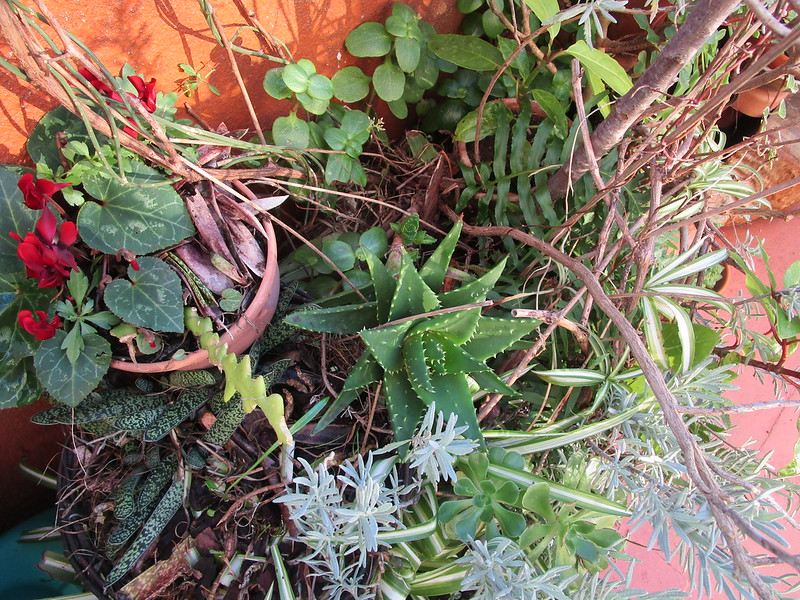
"(...) humans who build their success solely on the oppression of others may one day find their own feathered nests collapsing. We live in a world of natural consequences. And those consequences protect the essential vitality of the whole." Gary Ferguson, 2019. Eight Master Lessons of Nature. Image by Monica Pinheiro, license CC BY-NC-SA (CC).
Jan 6, 2020
Homo sapiens
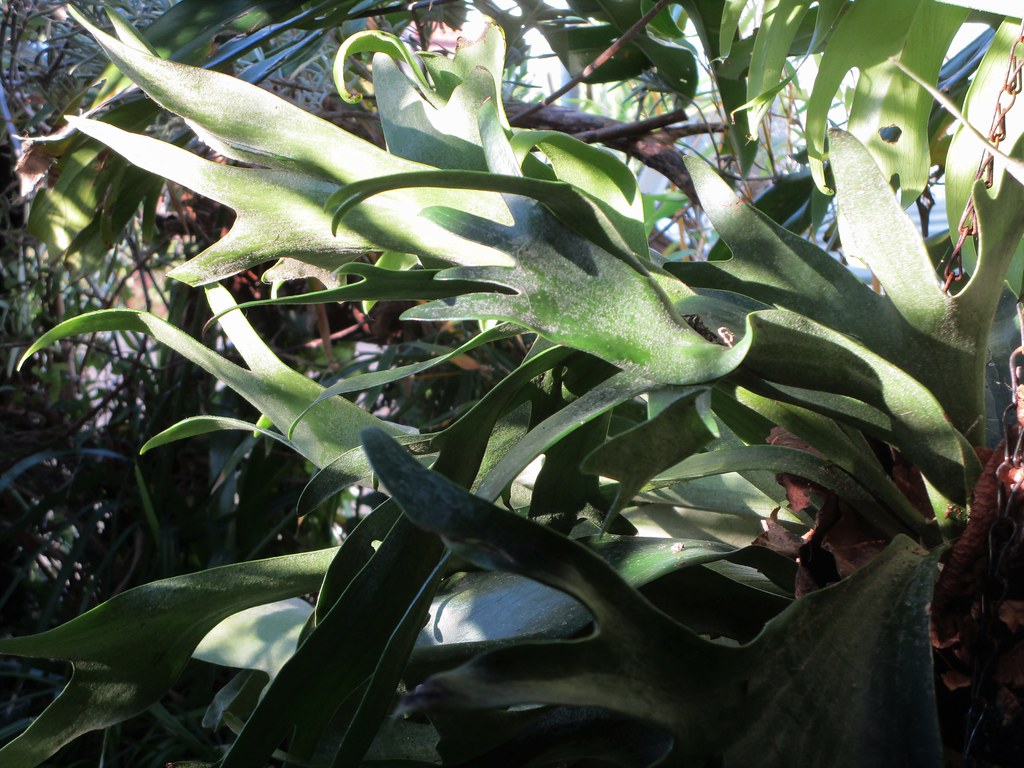
"We are not bacteria in a petri-dish earth." Are we? Simon L. Lewis and Mark A. Maslin (2018). The Human planet: how we created the Anthropocene. A Pelican book. Image by Monica Pinheiro, license CC BY-NC-SA (CC).
Dec 25, 2019
December
"Applying ourselves to minimize human suffering and the loss of species by making every efford to limit the coming chaos under rapid climate change is critical now and over the coming decades. The task is to first acknowledge the destructive power that human actions can have and then move rapidly to transform our energy and economic systems to limit the damage." Simon L. Lewis and Mark A. Maslin (2018). The Human planet: how we created the Anthropocene. A Pelican book. Image by Monica Pinheiro, license CC BY-NC-SA (CC).
Dec 24, 2019
December
"Rewilding is about an act of unbounded restoration, and an act of mitigating against the negative impacts of rapid environmental change in the Anthropocene." Simon L. Lewis and Mark A. Maslin (2018). The Human planet: how we created the Anthropocene. A Pelican book. Image by Monica Pinheiro, license CC BY-NC-SA (CC).
by
Monica Pinheiro
0
comments
 Labels:
Anthropocene,
books,
mitigation techniques,
resilience,
rewilding
Labels:
Anthropocene,
books,
mitigation techniques,
resilience,
rewilding
December
"This guide will help you to decipher the vast quantities of information you can glean from your local environment and especially your garden. (...) It will address many everyday questions that in the future you'll be able to answer for yourself; and many phenomena will suddenly be easier to understand when you know the background." Peter Wohlleben (2019). The Weather Detective: Rediscovering Nature's Secret Signs. Penguin. Image by Monica Pinheiro, license CC BY-NC-SA (CC).
Dec 22, 2019
December
"We create space - our holistic ’view of the world’ - to manage awareness, relate and contrast our embodied information. Perceived space and the space of cognition differ as to whether the space is built from our senses or our memory. The same portion of the brain processes both imagined spaces and those taken in through our eyes.’ Both spaces are the product of mental and bodily interaction. Their construction is conditioned by our age, our culture, and the social world we live in. It is astonishing that we can find consistency in such a relativistic understanding of space. Yet these consistencies ground our selves, our social conventions and the structures and cities that house them." Anders, Peter (2001). Domains of Body and Mind. Convergence: The International Journal of Research into New Media Technologies, Vol. 7(2), pp. 90-101. Image by Monica Pinheiro, license CC BY-NC-SA (CC).
Dec 12, 2019
December
"We hope that The Limits to Growth will command critical attention and spark debate in all societies. We hope that it will encourage each reader to think through the consequences of continuing to equate growth with progress. And we hope that it will lead thoughtful men and women in all fields of endeavor to consider the need for concerted action now if we are to preserve the habitability of this planet for ourselves and our children." Donella H. Meadows, Dennis L. Meadows, Jorgen Randers & William W. Behrens III (1972). The Limits to Growth. Image by Monica Pinheiro, license CC BY-NC-SA (CC).
Nov 21, 2019
Life in Syntropy
Nov 6, 2019
November
“A garden of 1,000 square meters (a quarter of an acre) can pack away up to one ton of CO2 per year.” Peter Wohlleben (2019). The Weather Detective: Rediscovering Nature's Secret Signs. Penguin.
Image by Monica Pinheiro, license CC BY-NC-SA (CC).
Image by Monica Pinheiro, license CC BY-NC-SA (CC).
by
Monica Pinheiro
0
comments
 Labels:
books,
carbon dioxide,
carbon sink,
gardens,
november,
soft-rains
Labels:
books,
carbon dioxide,
carbon sink,
gardens,
november,
soft-rains
Oct 27, 2019
Gaia
Image by Monica Pinheiro, license CC BY-NC-SA (CC).
Oct 19, 2019
October
"In narrative terms, the Anthropocene began with widespread colonialism and slavery: it is a story of how people treat the environment and how people treat each other." Simon L. Lewis and Mark A. Maslin (2018). The Human planet: how we created the Anthropocene. A Pelican book. Image by Monica Pinheiro, license CC BY-NC-SA (CC).
Sep 29, 2019
September
"One critical aspect of our environmental impact results from what we do with our time." (Lewis and Mark, 2018). Where do you choose to spend your time / resources / carbon dioxide / greenhouse gases / health / liberty / ...life?
Reference: Simon L. Lewis and Mark A. Maslin (2018). The Human planet: how we created the Anthropocene. A Pelican book. Image by Monica Pinheiro, license CC BY-NC-SA (CC).
Reference: Simon L. Lewis and Mark A. Maslin (2018). The Human planet: how we created the Anthropocene. A Pelican book. Image by Monica Pinheiro, license CC BY-NC-SA (CC).
Sep 23, 2019
September
"If restoration is not possible for a disturbed ecosystem in an irreversibly changed environment, then rewilding is the adaptive tactic for regaining and maintaining functionality, perhaps with introduced components. (...) the rise of the rewilding concept is a sign that new approaches are urgently needed to conserve biodiversity and maintain ecosystem services under increasingly unpredictable global conditions, as traditional approaches on their own are demonstrably unfit for the challenges ahead." in Rewilding needs a conceptual framework. Is the adaptive cycle the answer? Image by Monica Pinheiro, license CC BY-NC-SA (CC).
by
Monica Pinheiro
0
comments
 Labels:
biodiversity,
climate change,
concepts,
Equinox,
rewilding,
unpredictability
Labels:
biodiversity,
climate change,
concepts,
Equinox,
rewilding,
unpredictability
Subscribe to:
Comments (Atom)

.jpg)













